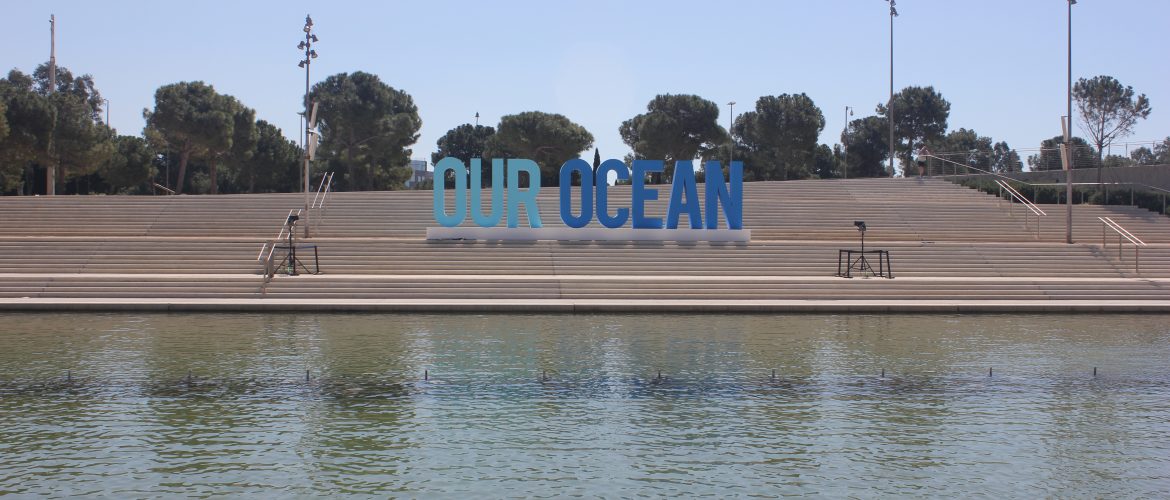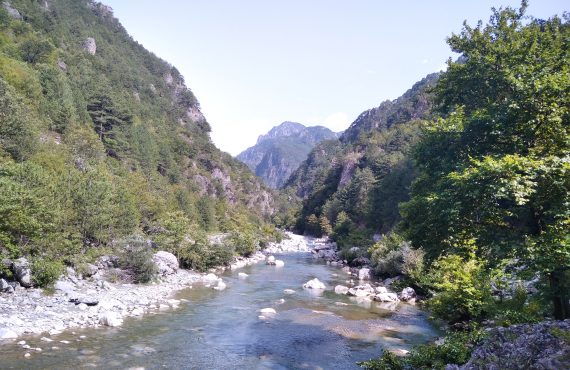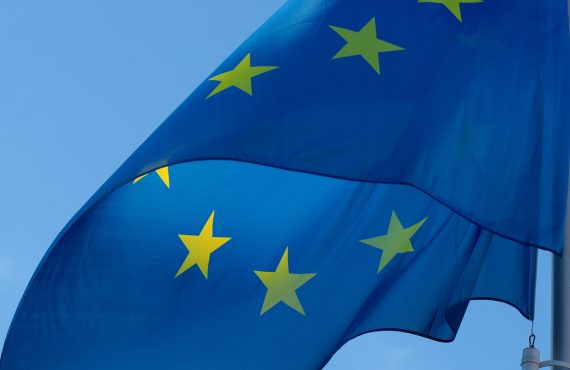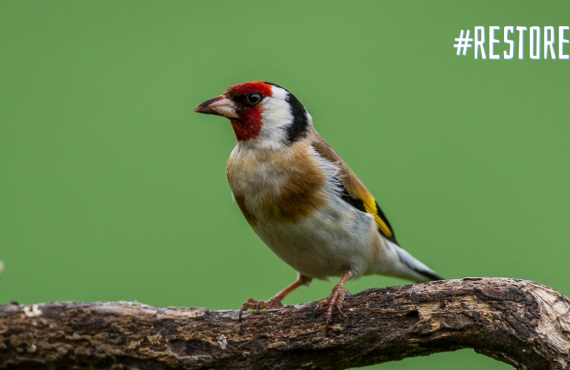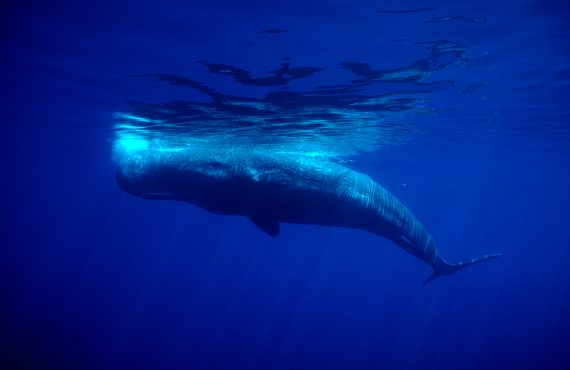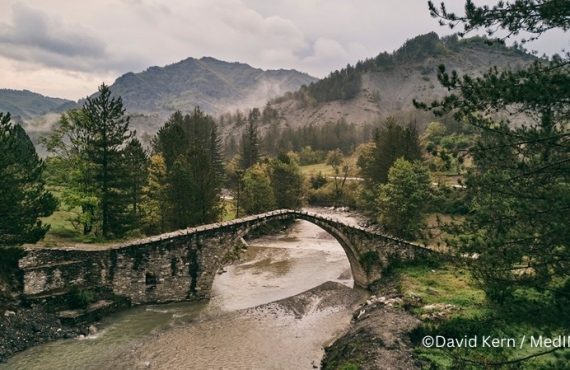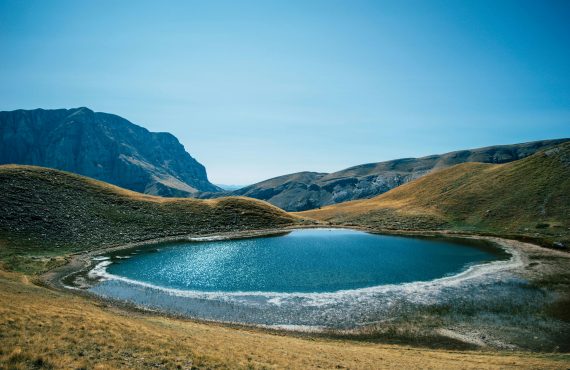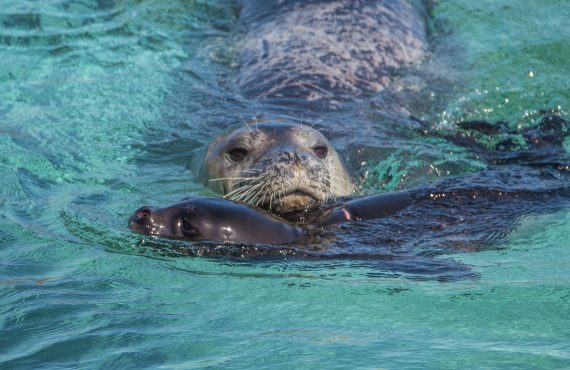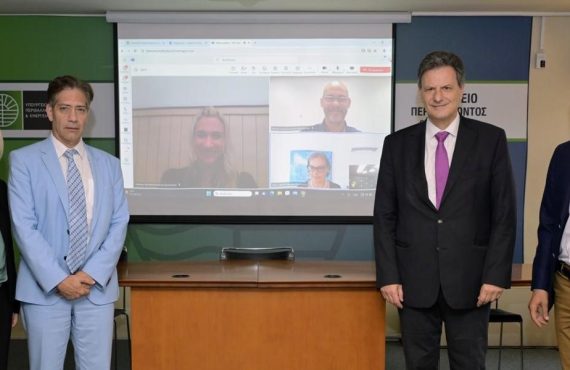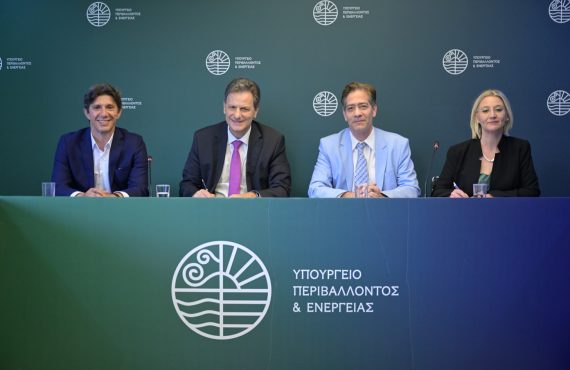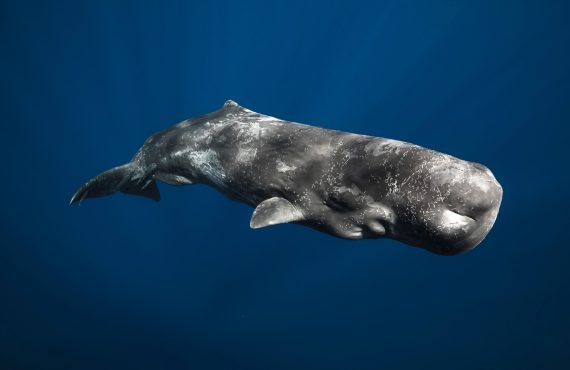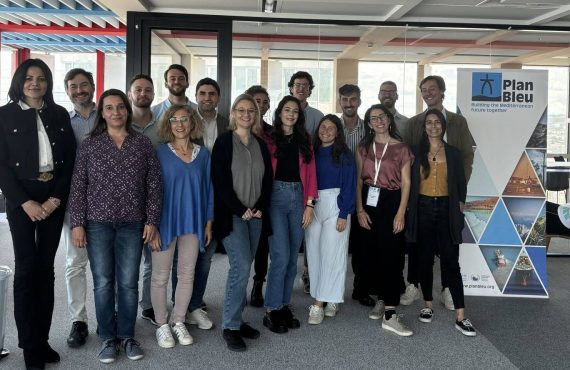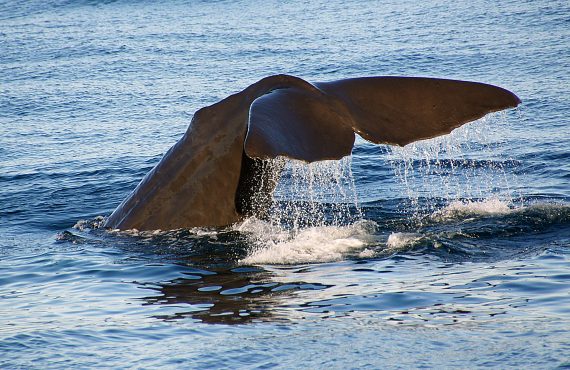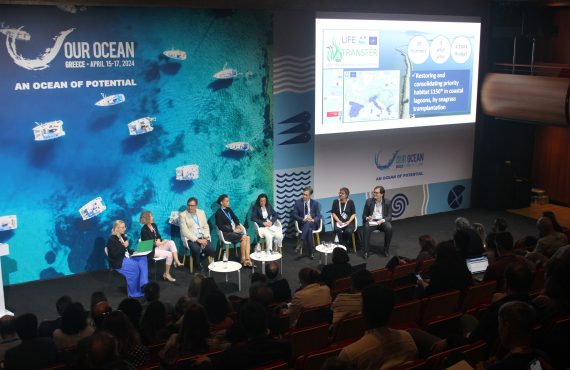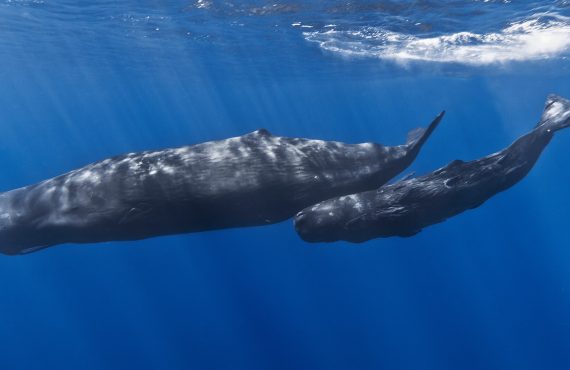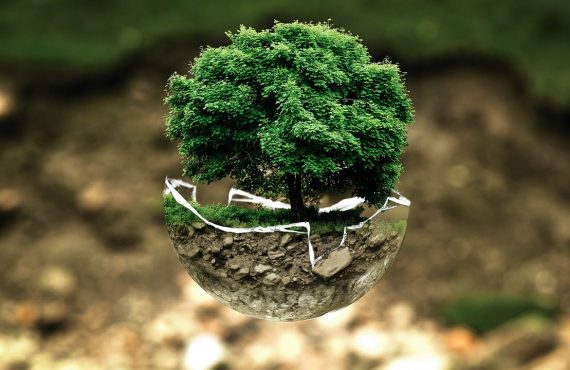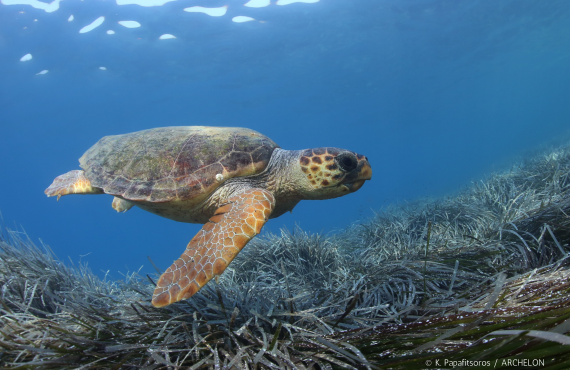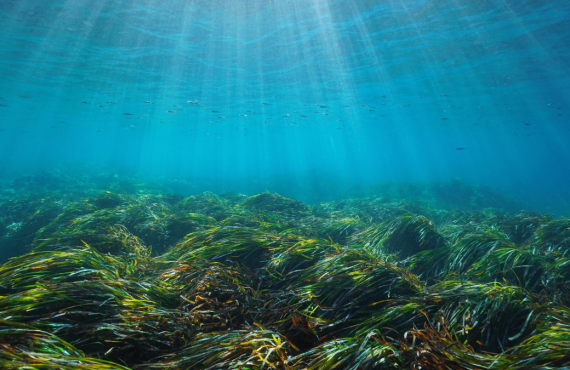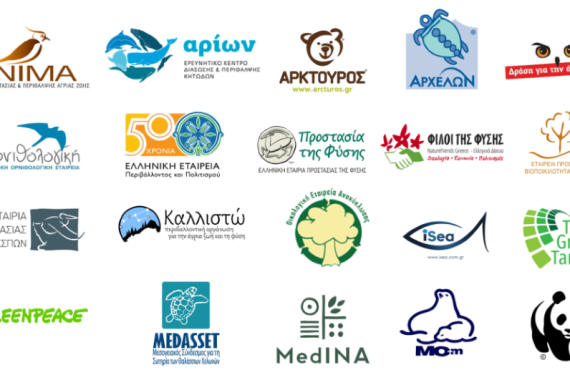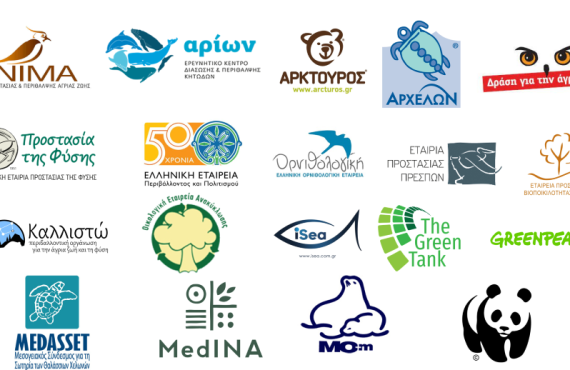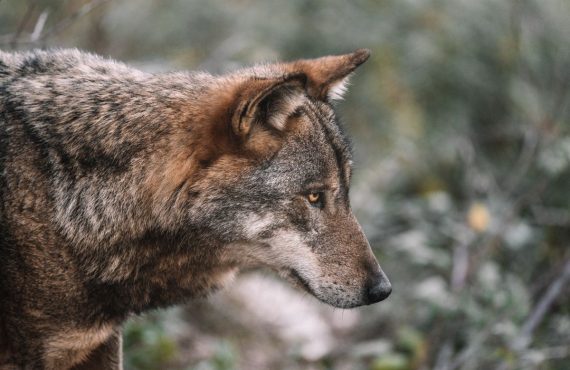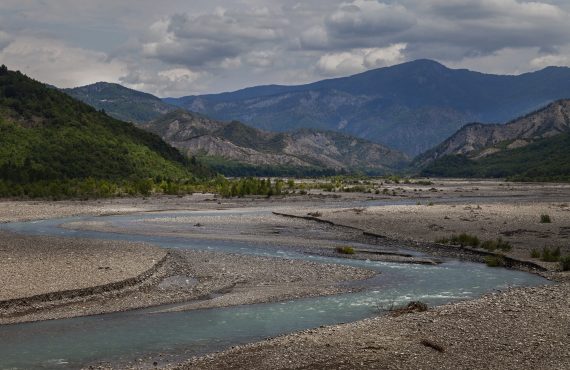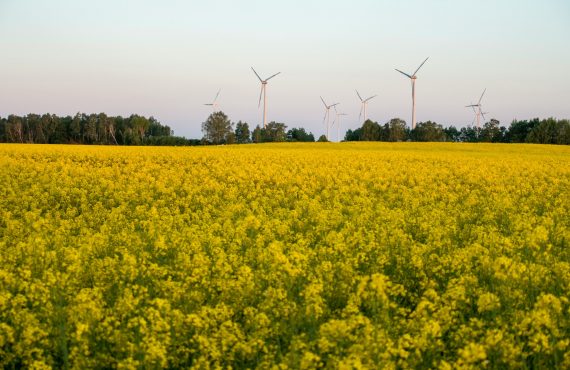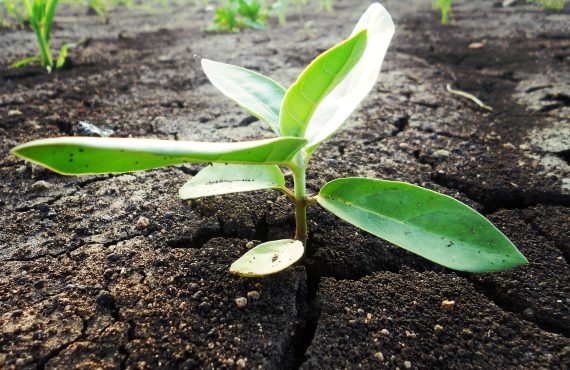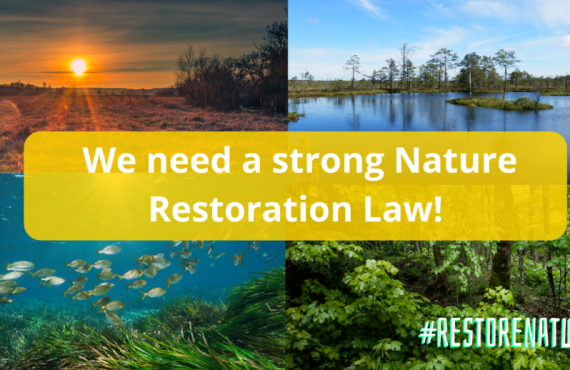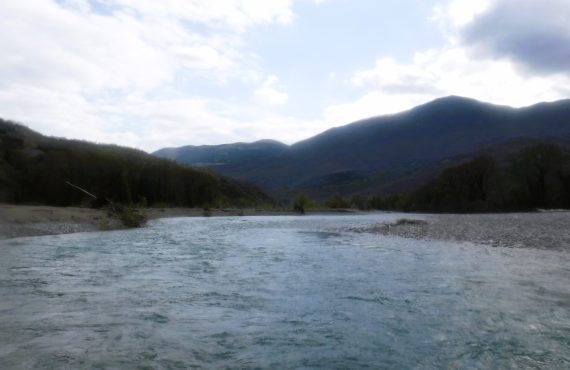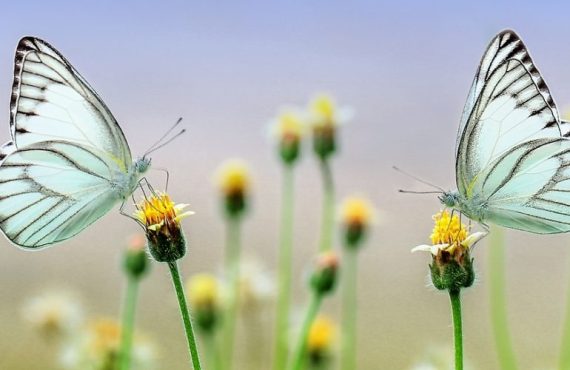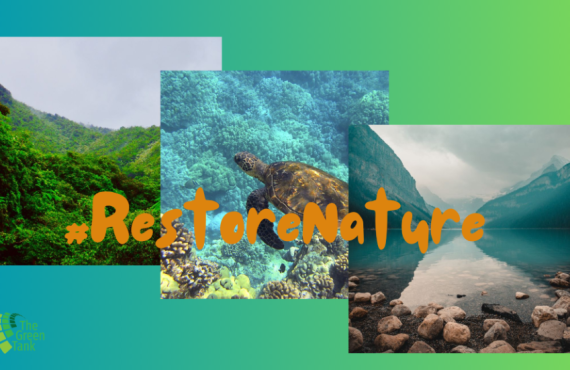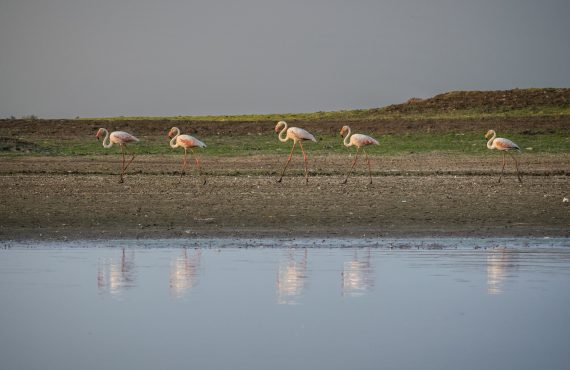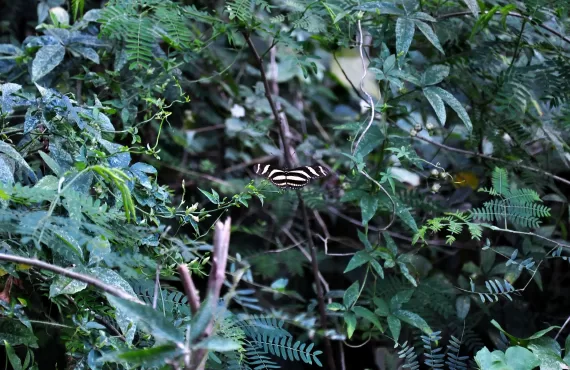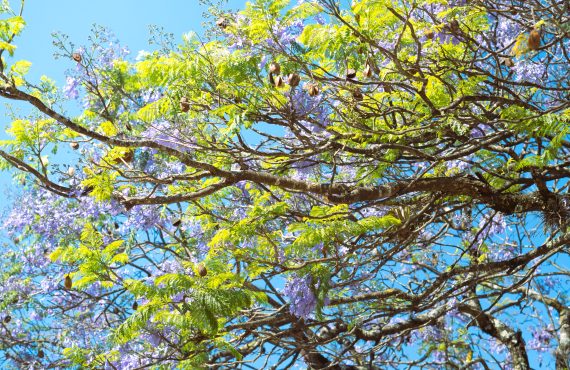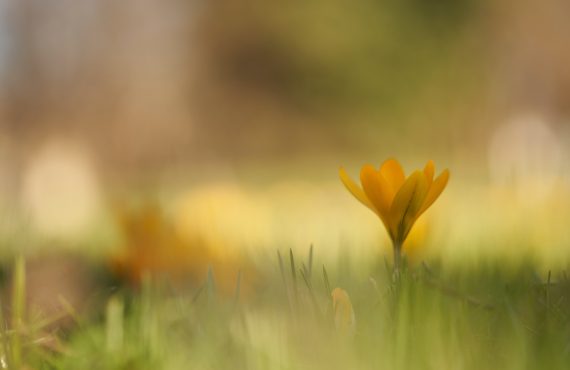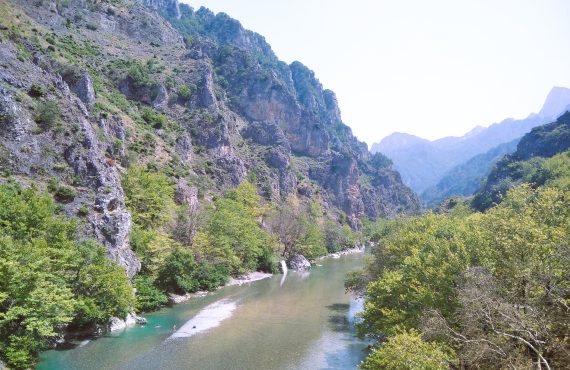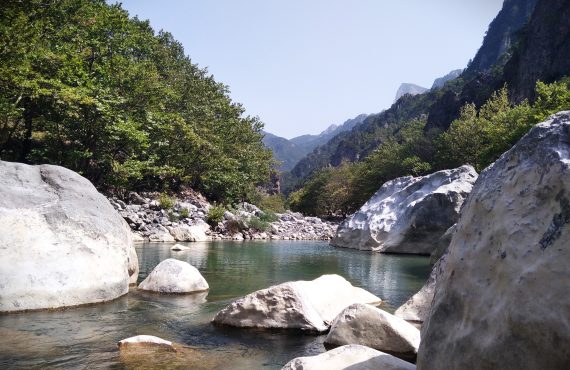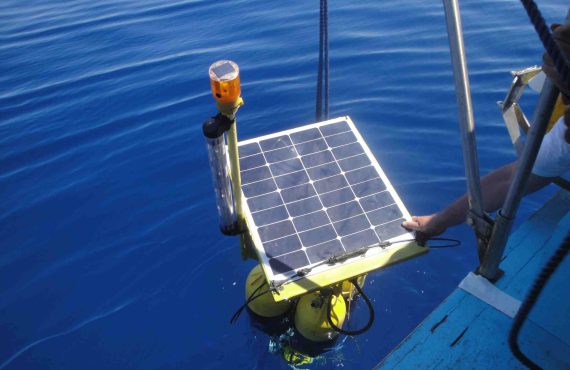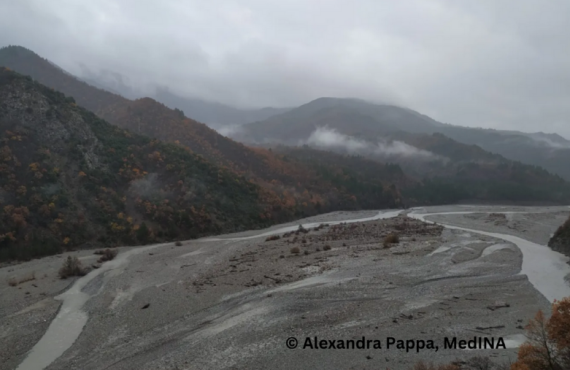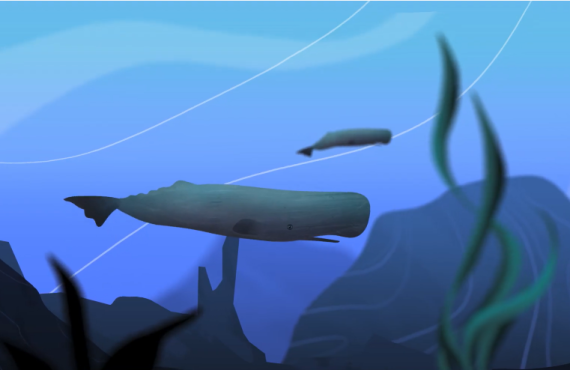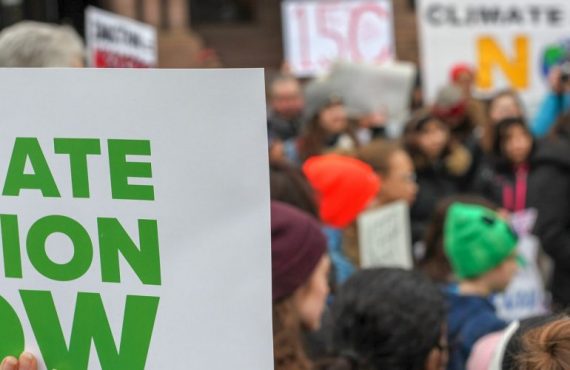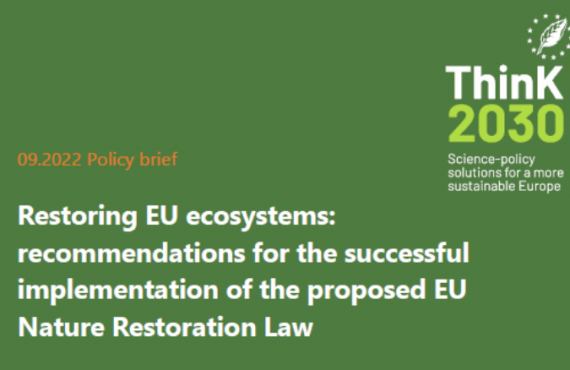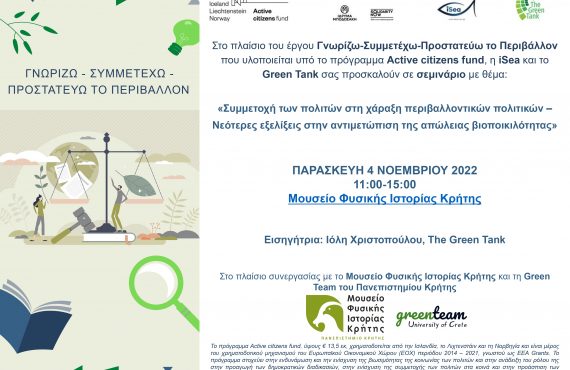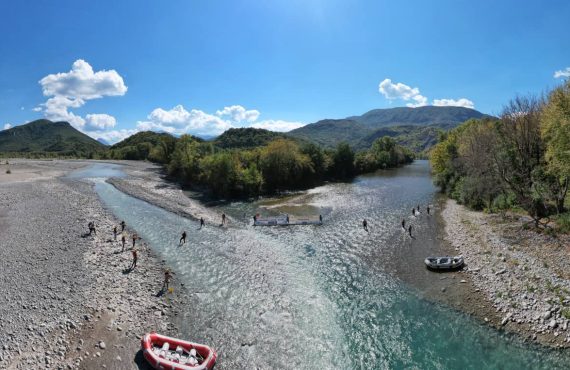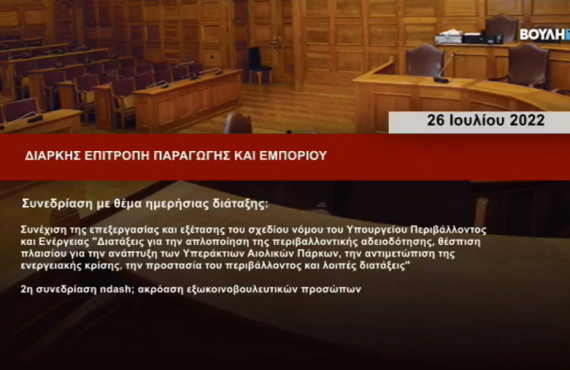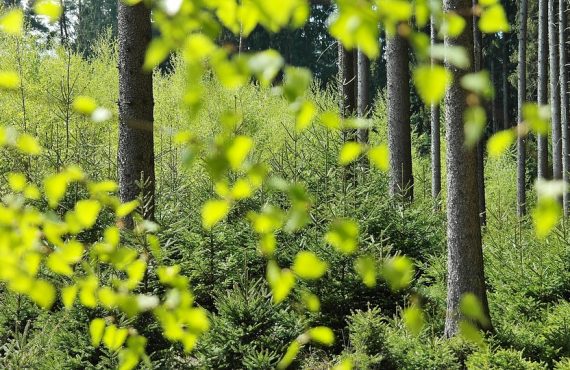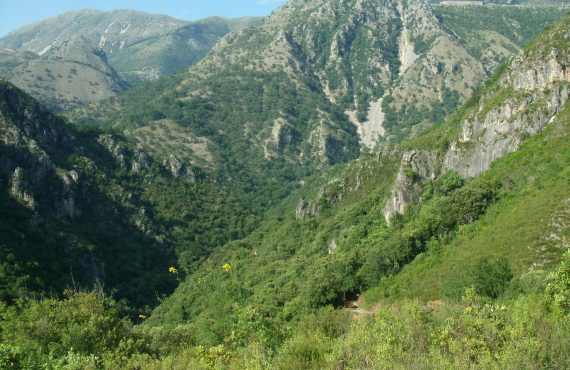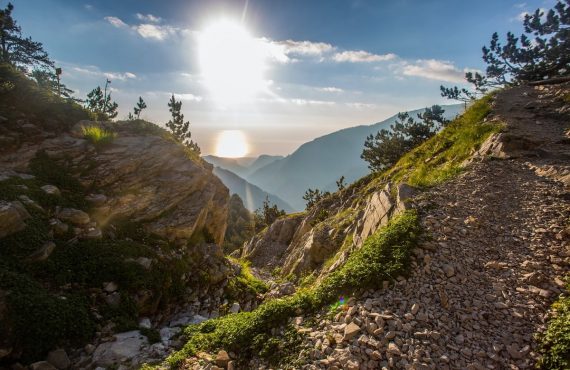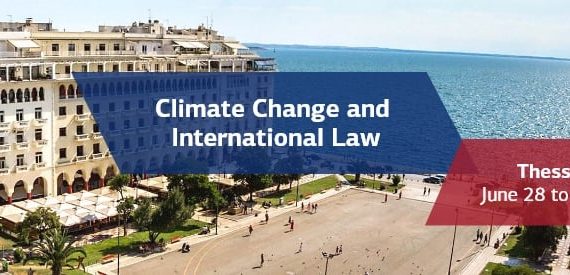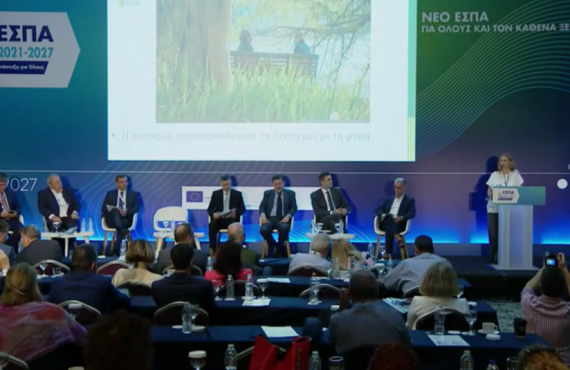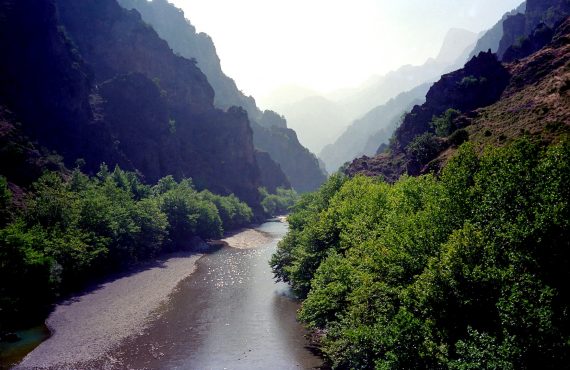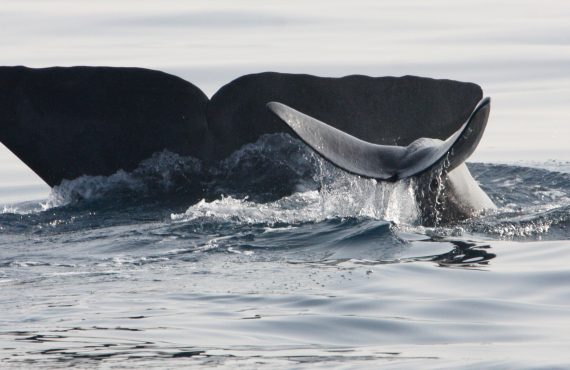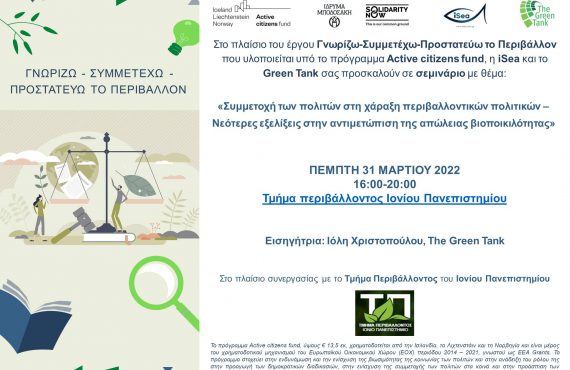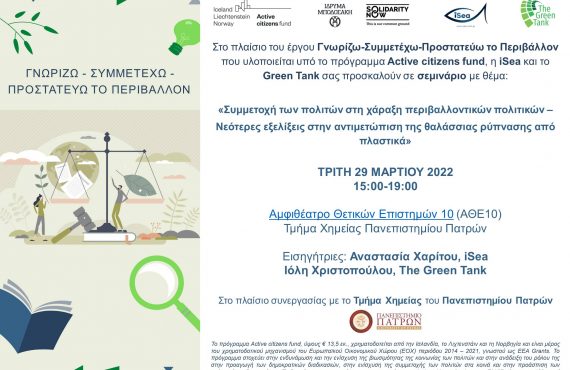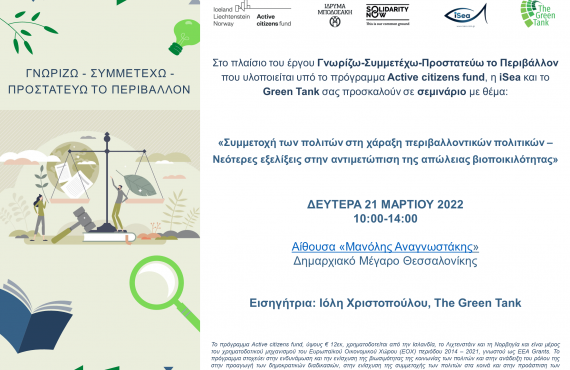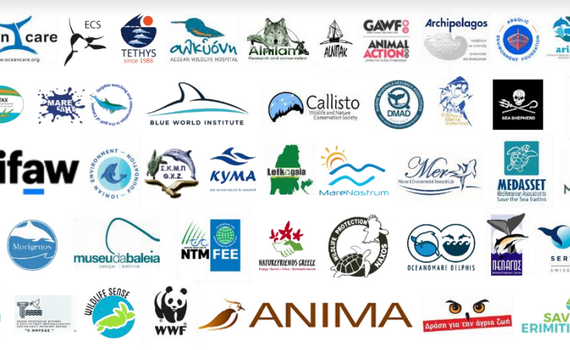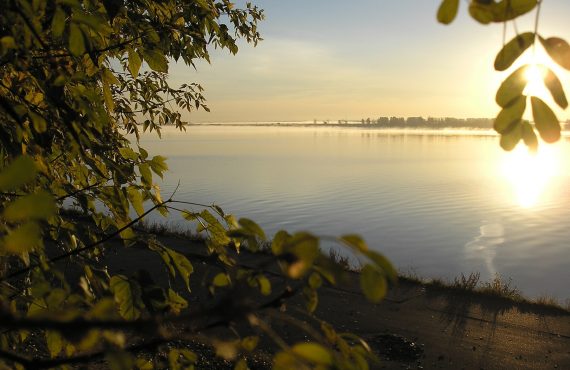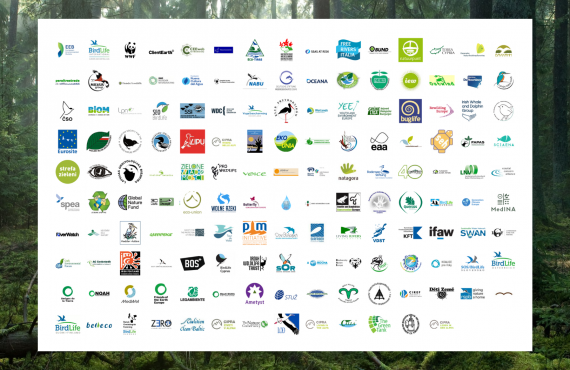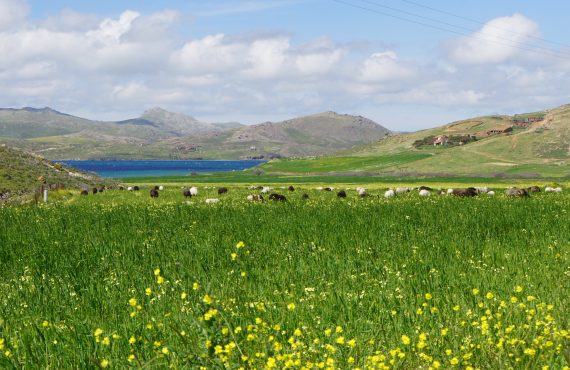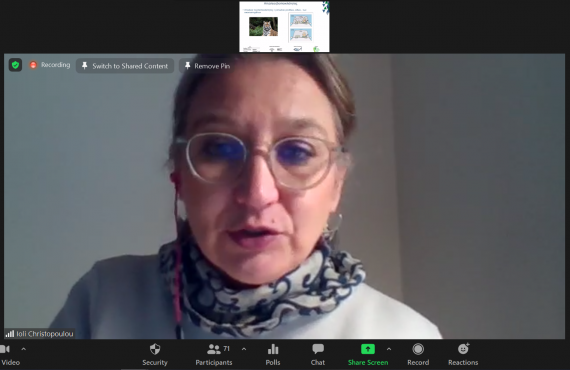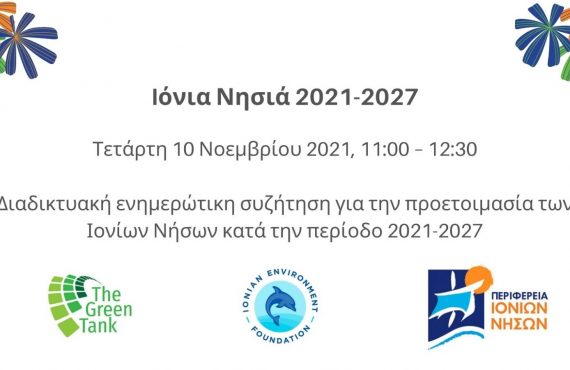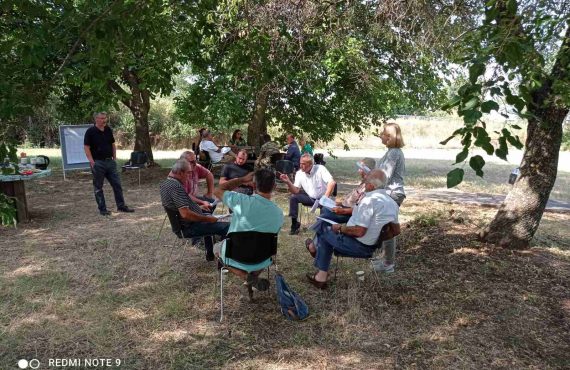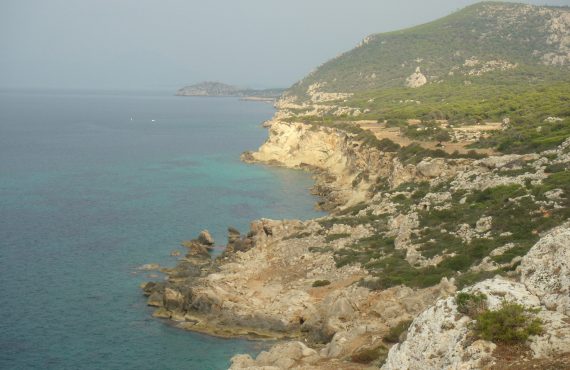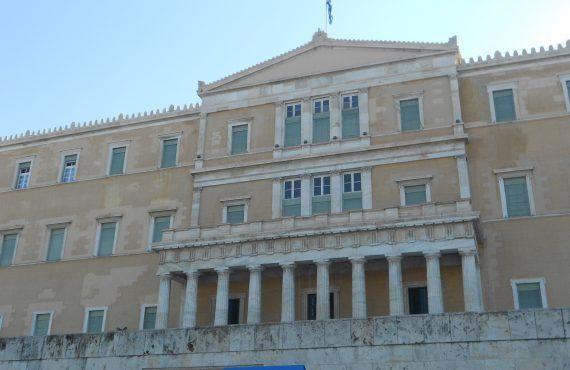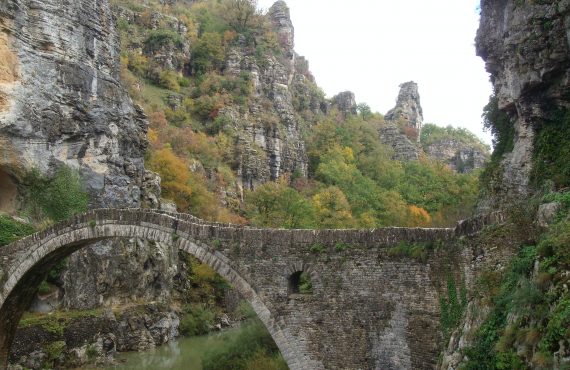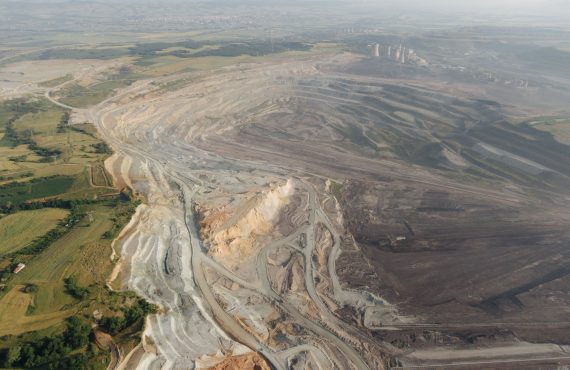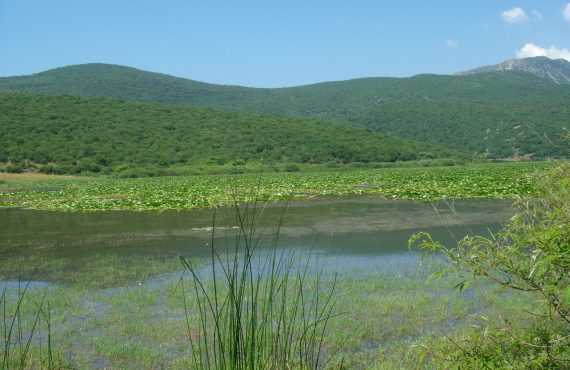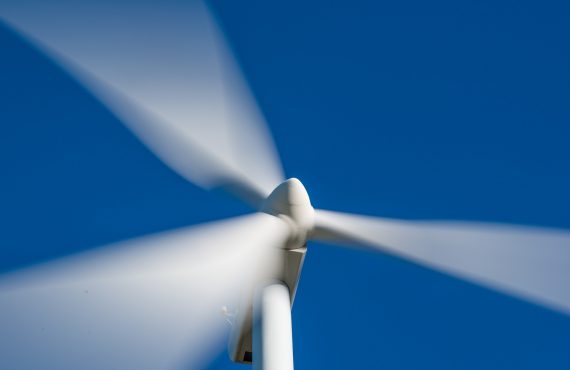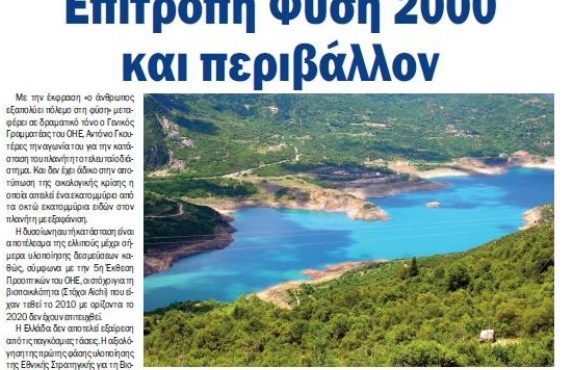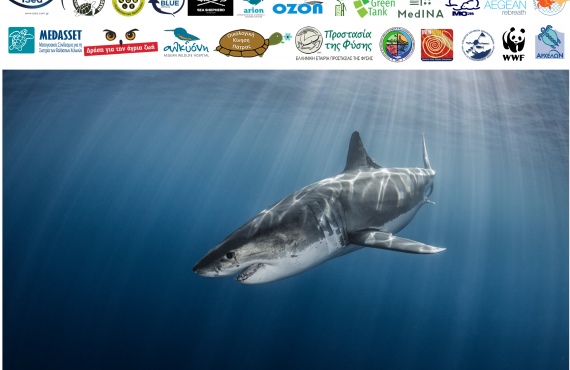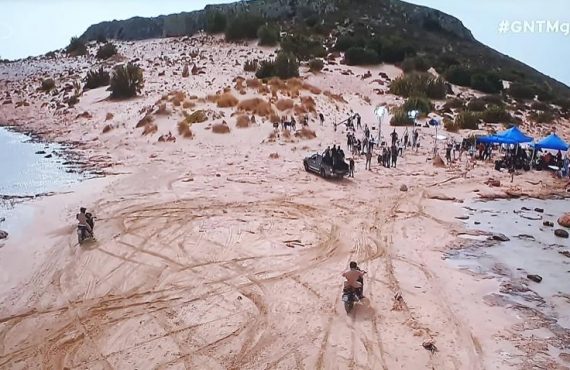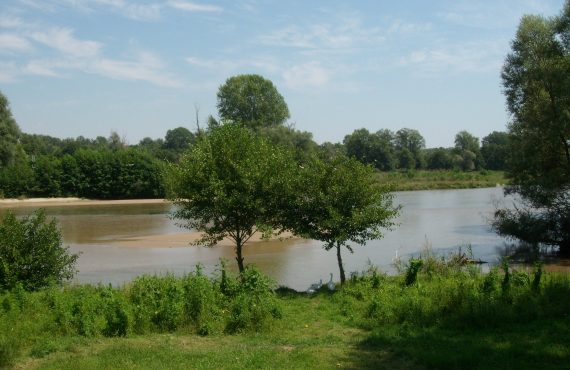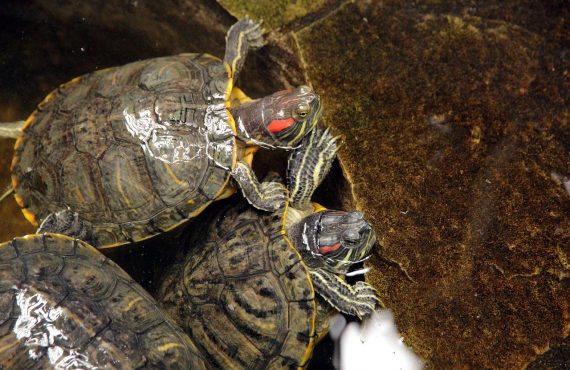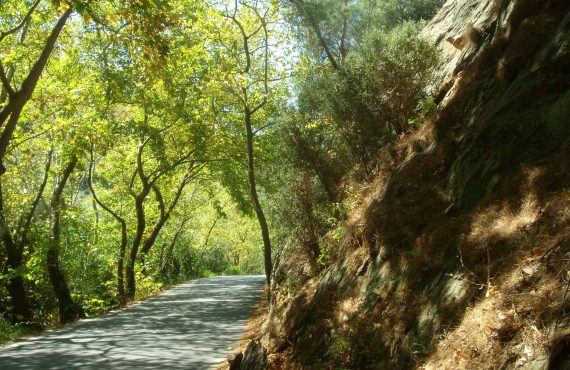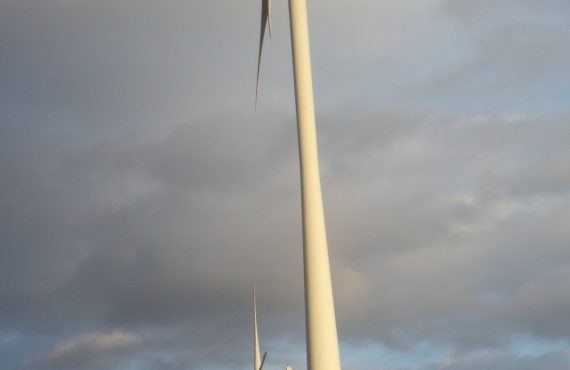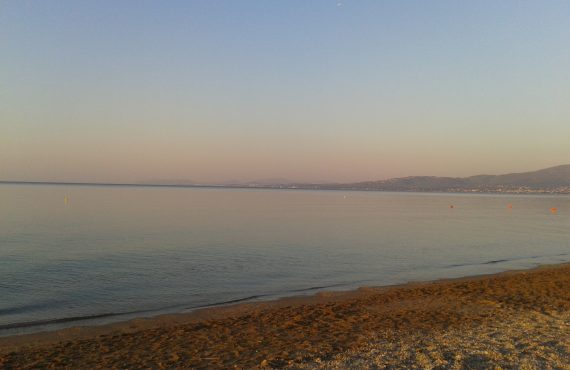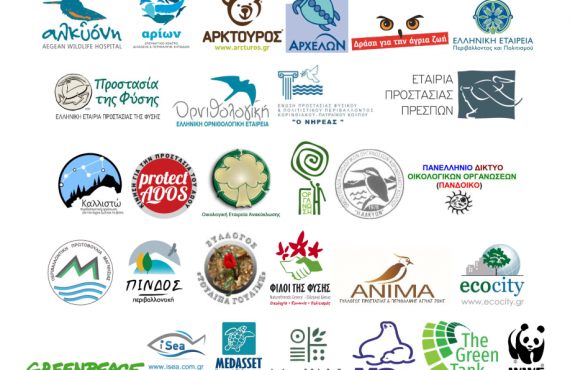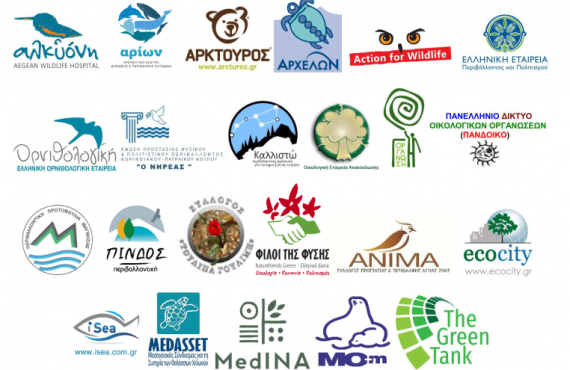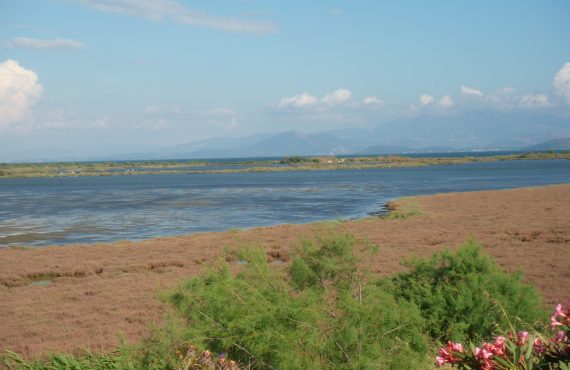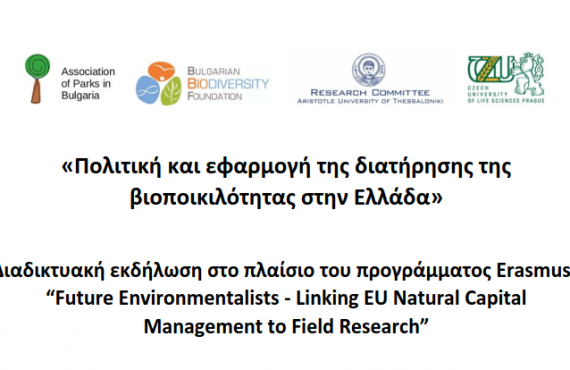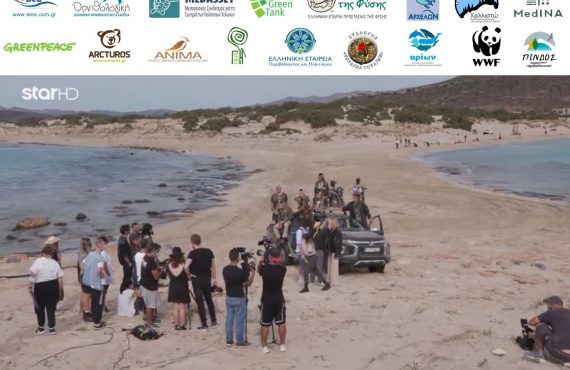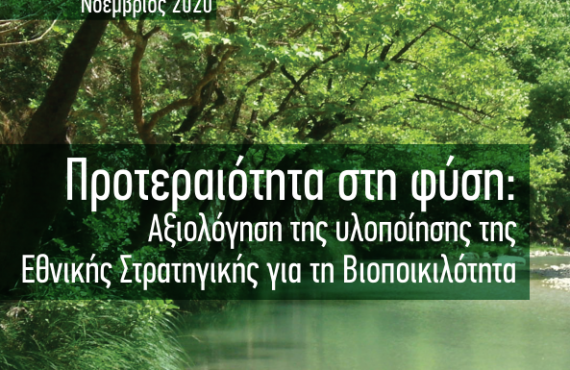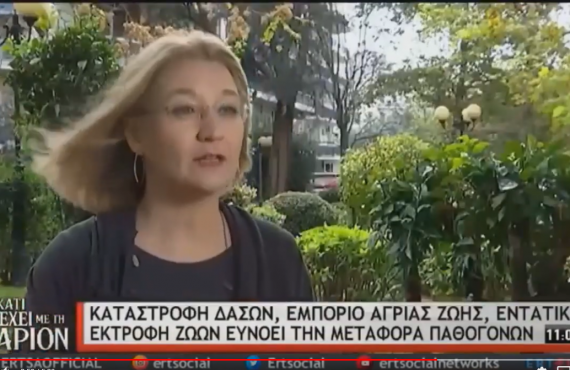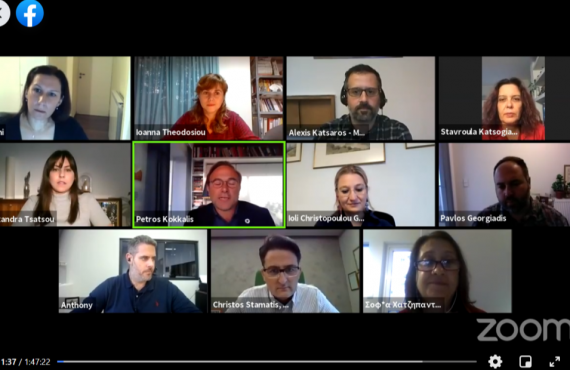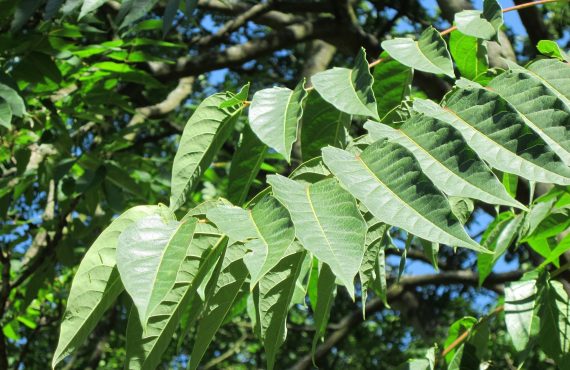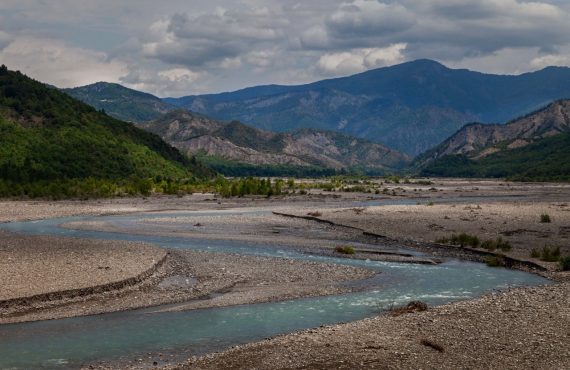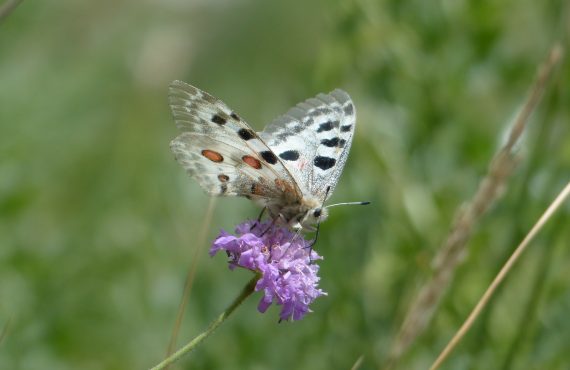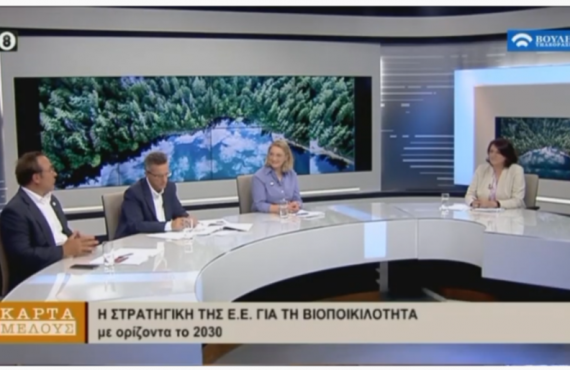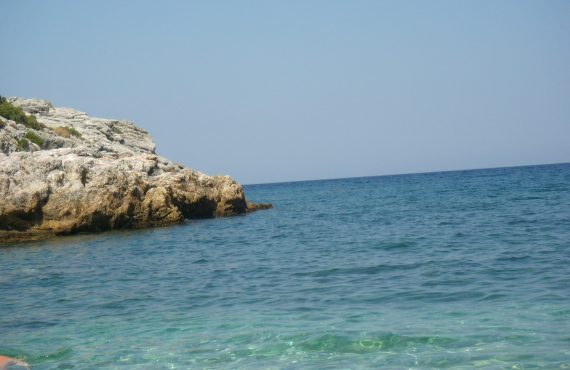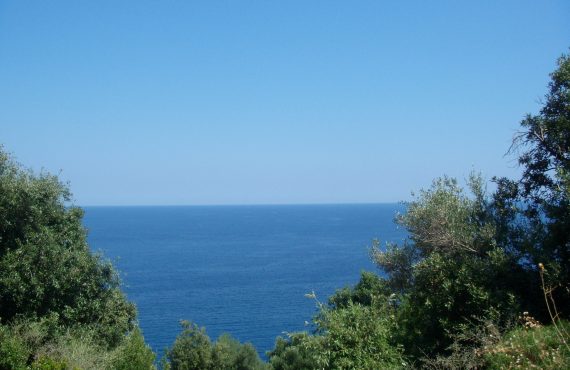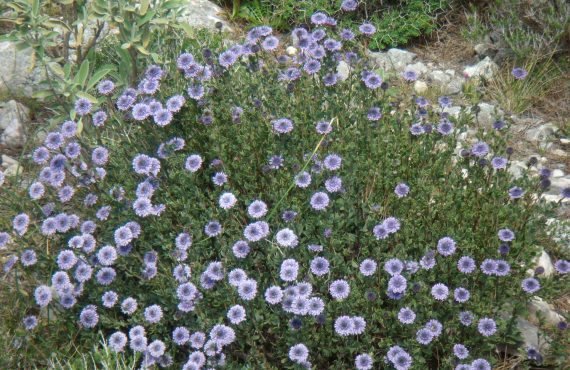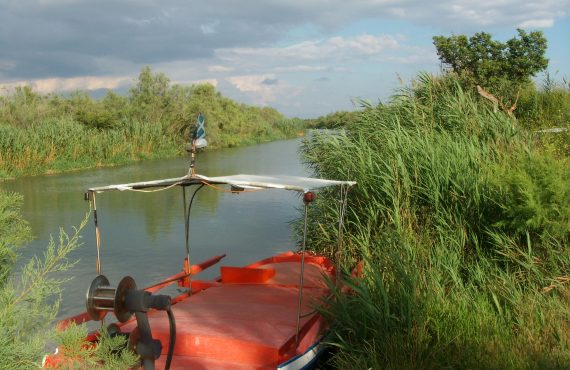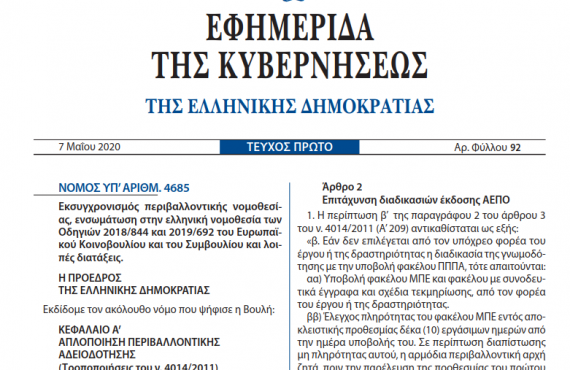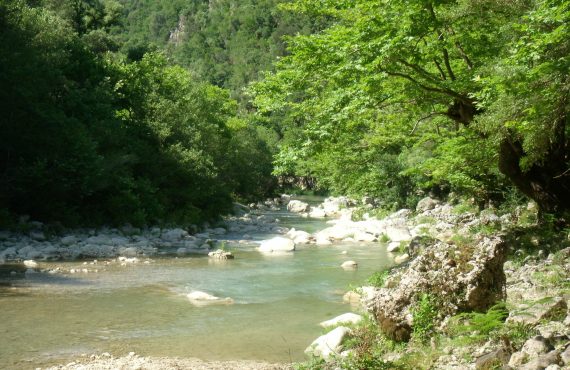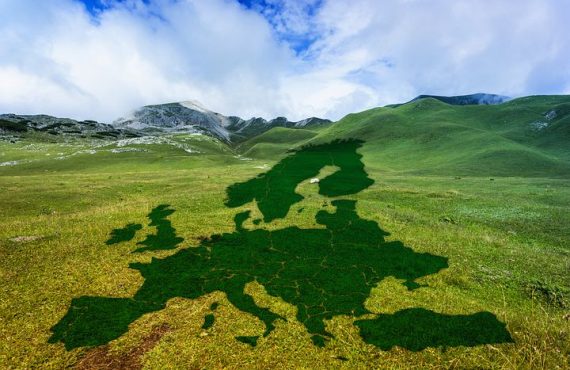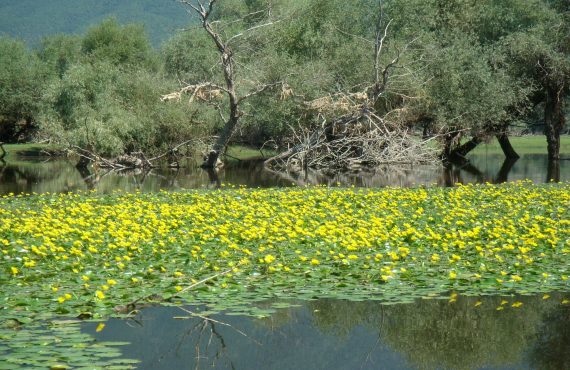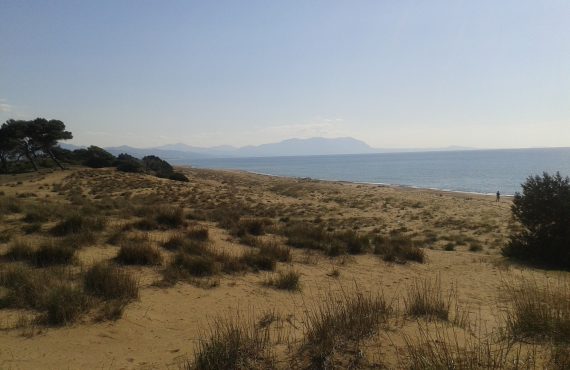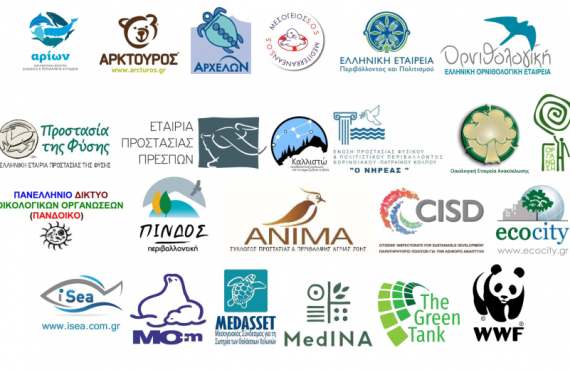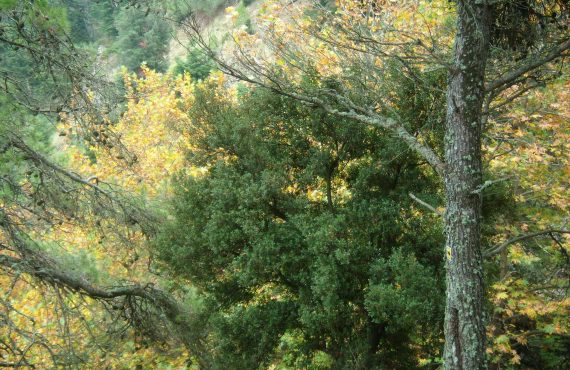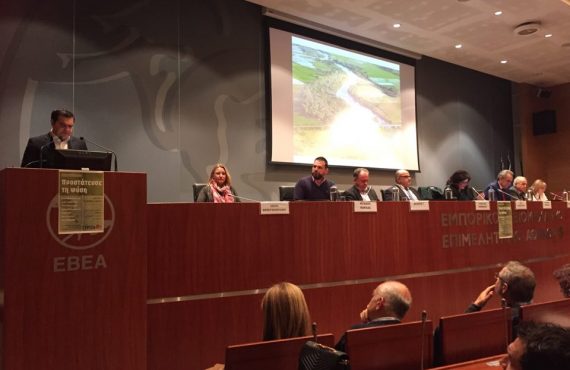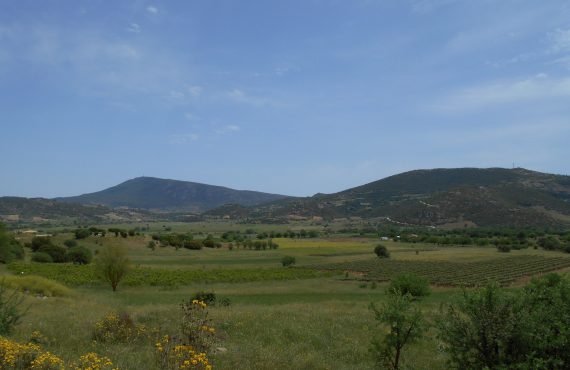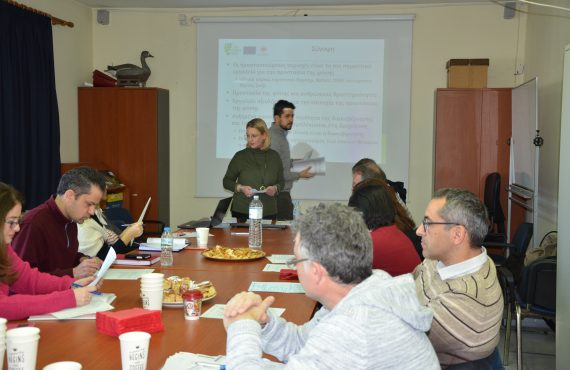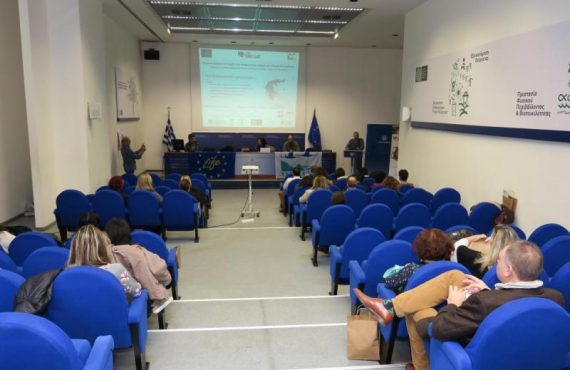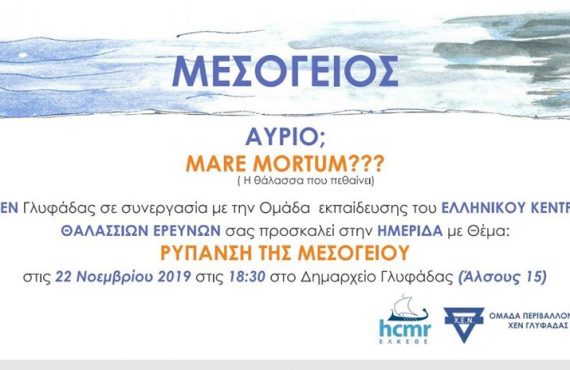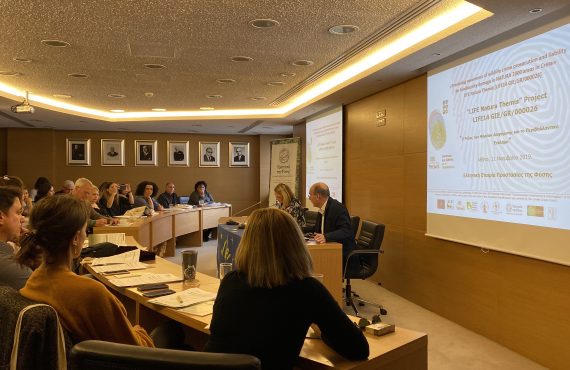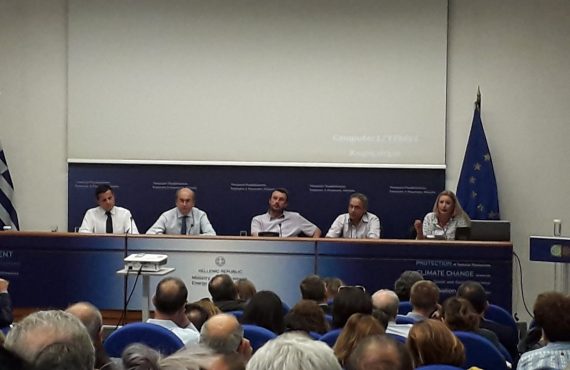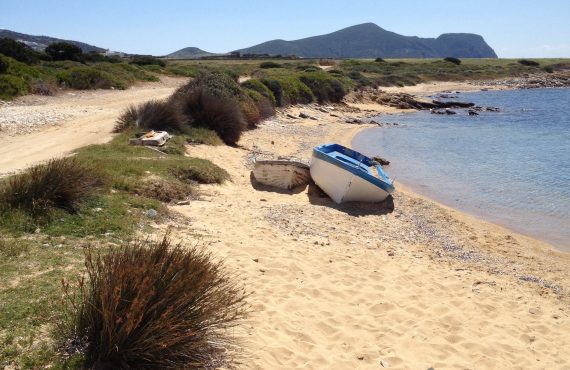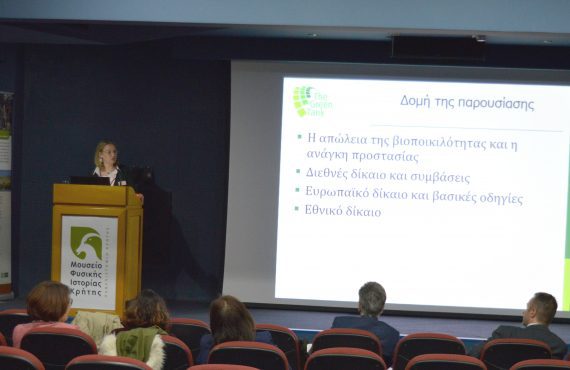The seas and oceans are under threat. Action cannot be delayed any longer, as the timeframe is tight and the pressures are bid. The outcome of the 9th Our Ocean Conference, held in Athens (15-17 April 2024) with participants from 119 countries, is a cause for optimism for the protection of our seas and the future of the planet. With 469 commitments amounting to $11.35 billion, the international community sent a clear message that it remains committed to the international goals of biodiversity conservation and tackling the climate crisis.
Significant commitments were also announced by the Greek government with a budget of over $800 million (€780 million).
The Green Tank, in cooperation with various organisations and institutions, actively participated in the conference. In particular:
«30×30 challenge: Science evidence for effective marine protected areas»
In collaboration with MEDASSET and the LIFE MareNatura project partners, The Green Tank, as an external policy partner of the project, co-organized the special event “30×30 challenge: Science evidence for effective marine protected areas” on 15 April 2024. The aim was to highlight the role of science, reliable data and technology in achieving the designation of 30% of oceans as protected areas by 2030. This target, also known as the 30×30 target, is provided for by the Global Biodiversity Framework, namely the international Kunming-Montreal Agreement (from December 2022) and the EU Biodiversity Strategy for 2030.
The discussion focused on good practices from different countries and knowledge exchange between experts, as well as on the challenges and opportunities that arise today both for designating protected areas and for ensuring effective management.
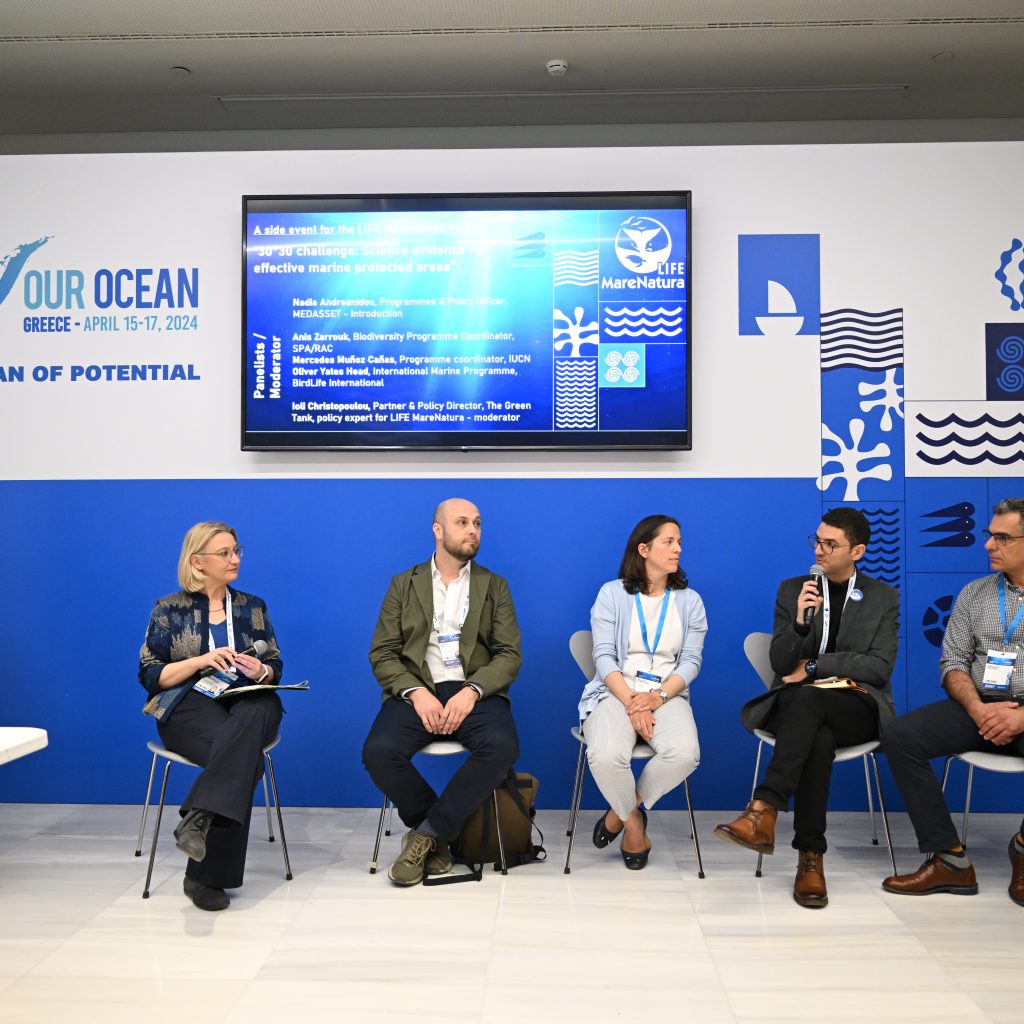 On behalf of LIFE MareNatura, Panagiotis Kasapidis announced the commitment of the project partners and the external policy expert to work towards achieving the 30×30 target, by designating at least 30 new marine biodiversity hotspots and proposing at least 20 new sites for inclusion in the Natura 2000 network by the end of the project in 2029. The commitment was formally submitted to the Our Ocean Conference and accepted. The contribution of the LIFE MareNatura project, co-funded by the Green Fund, was integrated into Greece’s commitments to expand the network of Marine Protected Areas in the country, which has announced that it intends to designate 32% of its waters as protected.
On behalf of LIFE MareNatura, Panagiotis Kasapidis announced the commitment of the project partners and the external policy expert to work towards achieving the 30×30 target, by designating at least 30 new marine biodiversity hotspots and proposing at least 20 new sites for inclusion in the Natura 2000 network by the end of the project in 2029. The commitment was formally submitted to the Our Ocean Conference and accepted. The contribution of the LIFE MareNatura project, co-funded by the Green Fund, was integrated into Greece’s commitments to expand the network of Marine Protected Areas in the country, which has announced that it intends to designate 32% of its waters as protected.
Panelists included:
Anis Zarrouk, Biodiversity Programme Coordinator, Regional Activity Centre for Specially Protected Areas (SPA/RAC)
Mercedes Muñoz Cañas, Programme coordinator, International Union for Conservation of Nature (IUCN)
Oliver Yates, Head – International Marine Programme, BirdLife International
Panagiotis Kasapidis, Senior Researcher, HCMR
The discussion started with an introductory presentation by Nadia Andreanidou, Programmes & Policy Officer, MEDASSET, about the LIFE MareNatura project.
It was moderated by Ioli Christopoulou, Policy Director and Co-Founder of The Green Tank.
You can follow the discussion at this link.
More information about Life MareNatura is available on the official project page.
Blue Carbon – the potential of coastal vegetated ecosystems in responding to the climate and biodiversity crisis
The Green Tank was among the co-organizers of the special event “Blue Carbon – the potential of coastal vegetated ecosystems in responding to the climate and biodiversity crisis” together with the National Technical University of Athens, the University of Crete and the Greek Biotope/Wetland Centre and the Hellenic Centre for Marine Research (HCMR) – Institute of Oceanography as main organizer.
The discussion highlighted the value of coastal ecosystems that capture blue carbon as mitigation and adaptation mechanisms to climate change. Recognising this role of coastal ecosystems however requires filling knowledge gaps, integrating knowledge into existing institutional frameworks that address both the climate crisis and nature conservation and restoration, and ensuring sustainable financing to ensure climate, nature and societal benefits.
 Panelists included:
Panelists included:
Prof. Carlos M. Duarte, King Abdullah University of Science and Technology, Saudi Arabia (KAUST)
Rosa Maria Roman-Cuesta, LULUCF Group, European Commission’s Joint Research Centre (JRC)
Minna Epps, Head, IUCN Ocean, Centre for Conservation Action (IUCN)
Petros Varelidis, Secretary General for the Natural Environment and Waters, Ministry of Environment and Energy, Greece (MEEN)
Interventions were made by:
Evgenia Apostolaki, Researcher, Institute of Oceanography of HCMR
Ioannis Sebos, T&R Associate, NTUA
Sofia Reizopoulou, Researcher, Institute of Oceanography, HCMR
The discussion was moderated by Ioli Christopoulou, Policy Director and Co-Founder of The Green Tank.
You can watch the panel here.
HCMR’s Institute of Oceanography and The Green Tank are among the partners of the ARTEMIS project, running from January 2024 to June 2026, with the aim to improve the restoration techniques of Posidonia seagrass meadows, develop financial solutions and integrate them into policy making and investment decisions. More information is available here.
SAvE Whales: commitment by the Greek Ministry of Environment and Energy for the smart technology that prevents sperm whales from colliding with passing ships
The Greek Ministry of Environment and Energy, the Natural Environment and Climate Change Agency of Greece, together with the international marine conservation organisation OceanCare and the Athens-based environmental think tank The Green Tank announced today, as part of the Our Ocean Conference 2024, their commitment to ensure the implementation of the “SAvE Whales” system in the Strait of Kythira.
This innovative technology is designed as a complementary tool to protect the endangered sperm whales from collision with ships in areas where re-routing of vessel traffic is not possible.
Specifically, the Ministry of Environment has committed €2.3 million from the Green Fund and OFYPEKA, while OceanCare will contribute €700,000.
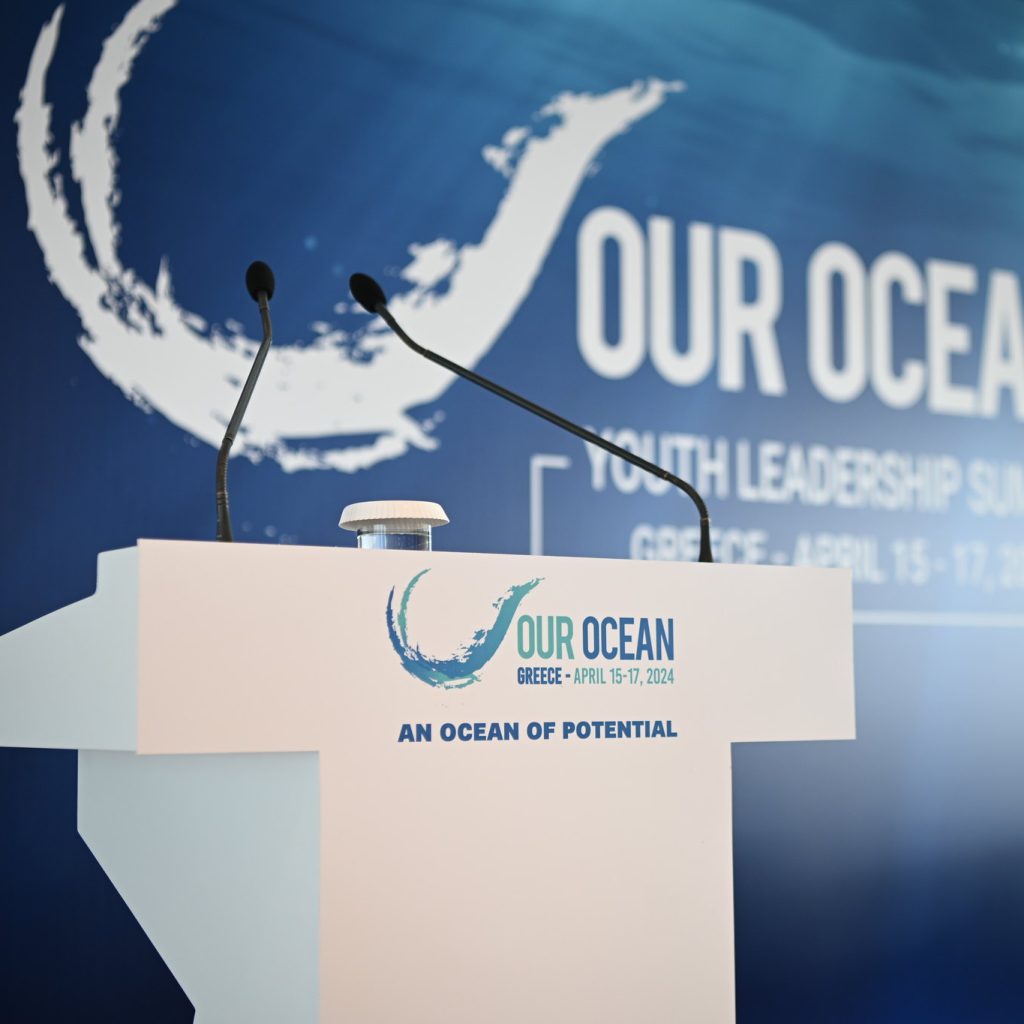 Involving the Pelagos Cetacean Research Institute and the Institute of Applied and Computational Mathematics (FORTH) the collaboration aims to scaling up the “SAvE Whales” (System for the Avoidance of ship-strikes with Endangered Whales) technology, so it can ultimately become an official mitigation and warning tool that will alert mariners about the presence of sperm whales in the Strait of Kythira.
Involving the Pelagos Cetacean Research Institute and the Institute of Applied and Computational Mathematics (FORTH) the collaboration aims to scaling up the “SAvE Whales” (System for the Avoidance of ship-strikes with Endangered Whales) technology, so it can ultimately become an official mitigation and warning tool that will alert mariners about the presence of sperm whales in the Strait of Kythira.
You can read the full joint press release here.
“A delightful mix of side events, commitments by us and our partners, interesting discussions and meeting other allies in the fight towards a sustainable future for our oceans! Next step to turn the commitments into action”, said Ioli Christopoulou.



